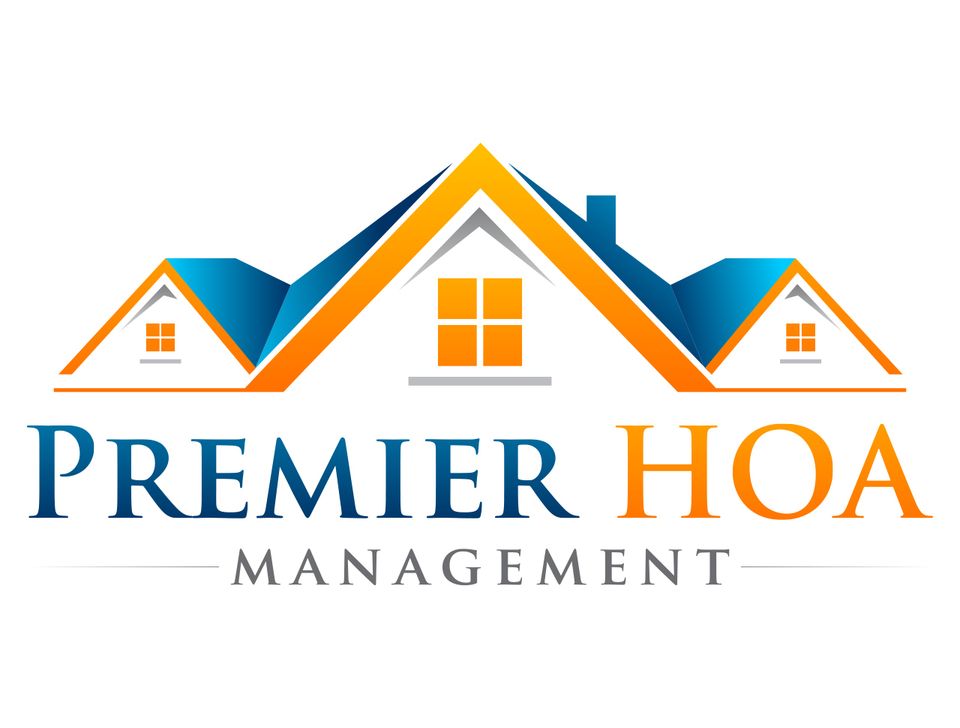- What should I get from the prior owner as a part of the sales process?
When you purchase a home in an HOA, there are several important documents and items that you should receive through your real estate agent. If you do not receive these items, you should contact your real estate agent to get them for you, preferably before or as close to the close of escrow. This is a list of what you should get at a minimum:
· A copy of the Association’s Governing Documents (i.e. Articles of Incorporation, Bylaws, and Covenants, Conditions, and Restrictions (CC&Rs);
· A copy of the Association’s Rules & Regulations;
· Copies of the Association’s most recent & prior annual budget and year-end audited financial statements, as well as 12 months’ worth of Association meeting minutes & newsletter/notices;
· Keys – Any amenity or mailbox key should be provided just like the keys to the home; and
· House keys to your unit. The Association should not have these.
As reminders, check to see whose responsibility the utilities are as a matter of budgeting your costs associated with the purchase and be sure to contact to set up service before the move-in date.
In addition to the above, as the owner, you inherit any unapproved architectural alterations that the prior owner may not have taken care of. Be sure to ask specifically for this in writing before purchase, as it is a seller’s responsibility to disclose any known or unknown alterations of the unit with or without prior written approval from the Association. We do our best to work with new owners on bringing their unit’s into compliance, and to disclose during the sales process; however, it is the seller’s responsibility to disclose and the new owner’s responsibility to handle the prior owner’s issues that may remain after the sale.


